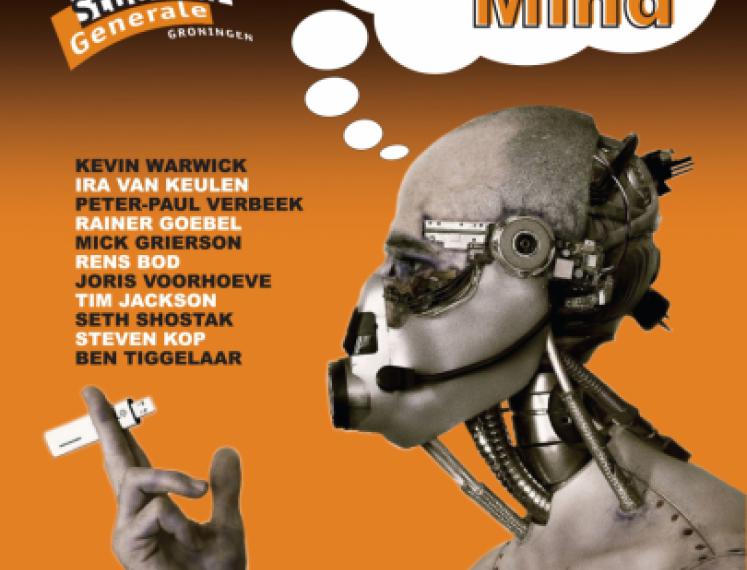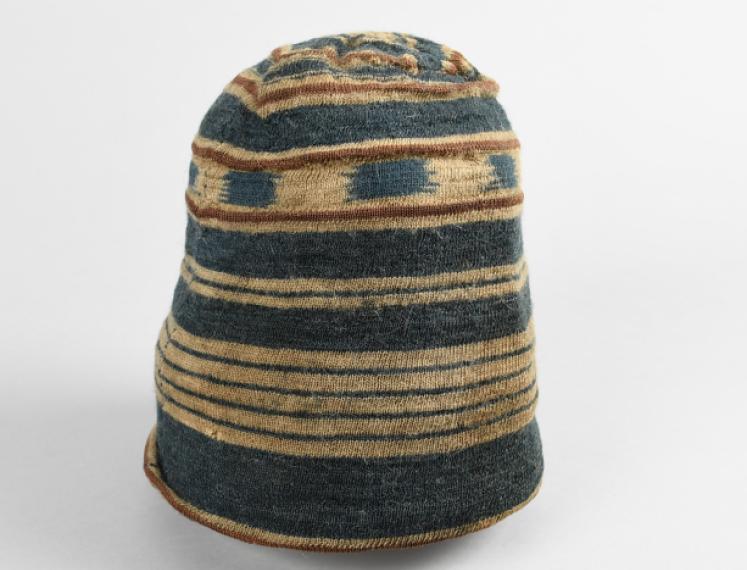Crackingthe functional code of the human brain
How can our brain code and decode information? With new technology we can reach a deeper understanding of our mind.
The brain is the most complex organ we know and we still do not understand how cognitive phenomena such as object recognition, speaking and consciousness are created by billions of interacting neurons. With standard functional brain imaging (i.e. fMRI), we can routinely see specialized areas in the human brain, including ‘experts’ for colour, visual motion, faces, words, language, planning, memory and emotions. This level of resolution reveals an amazing organisation of the brain that is similar, but not identical, across individuals. We still, however, know little about the representations coded inside specialised brain areas and how complex features emerge from combinations of simpler features when we move from one area to the next. With high-field MRI scanners we can reach the sub-millimetre level (500–1000 microns). This is important since neurons with similar response properties spatially cluster into functional units or cortical columns with an extent of hundreds of microns. This seems to be the right level to reveal the principles that the brain uses to code information. This columnar-level code can be ‘cracked’ by adequately combining clever experimental designs (psychology), sub-millimetre fMRI (neuroimaging), sophisticated data analysis tools (signal analysis) and large-scale neuronal network modelling (computational neuroscience). With a massive attempt to crack the columnar-level code in as many areas as possible, we will ultimately reach a deeper understanding how mind emerges from simpler units in the brain.
Rainer Goebel is Professor for Cognitive Neuroscience in the Faculty of Psychology and Neuroscience at Maastricht University and director of the Maastricht Brain Imaging Centre (M-BIC). Since 2008, he is team leader of the ‘Neuromodeling and Neuroimaging’group at the Netherlands Institute for Neuroscience of the Royal Netherlands Academy of Arts and Sciences (KNAW).
Interesting link:
Rainer Goebel in Labyrint (VPRO): De gedachtenlezers



